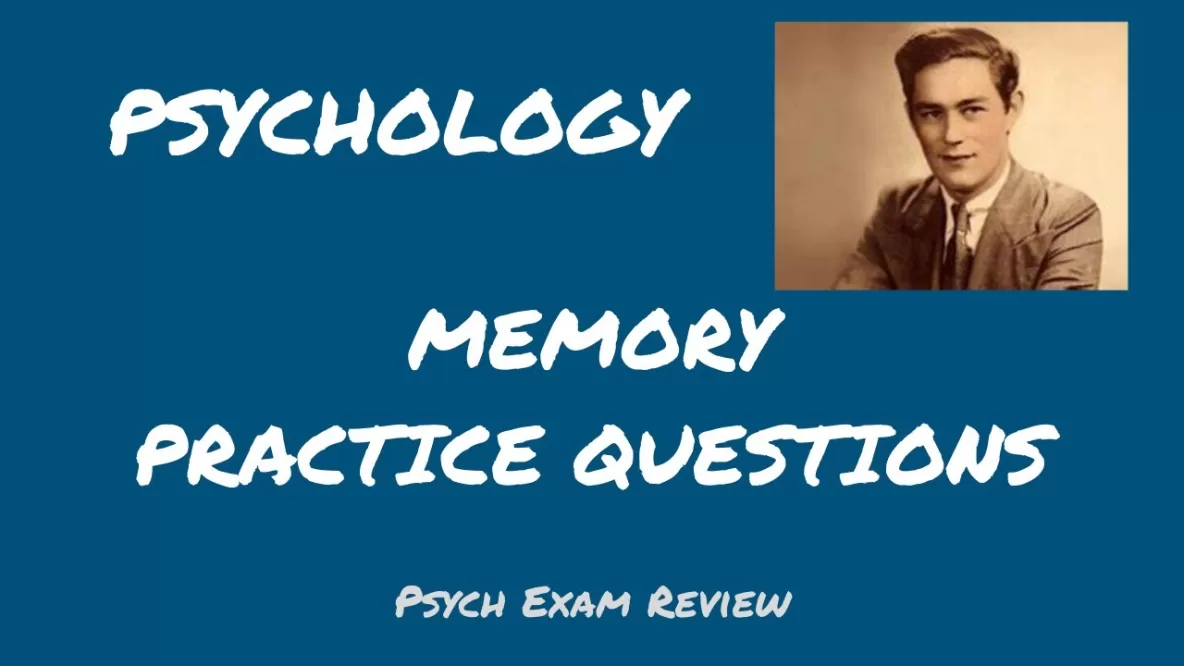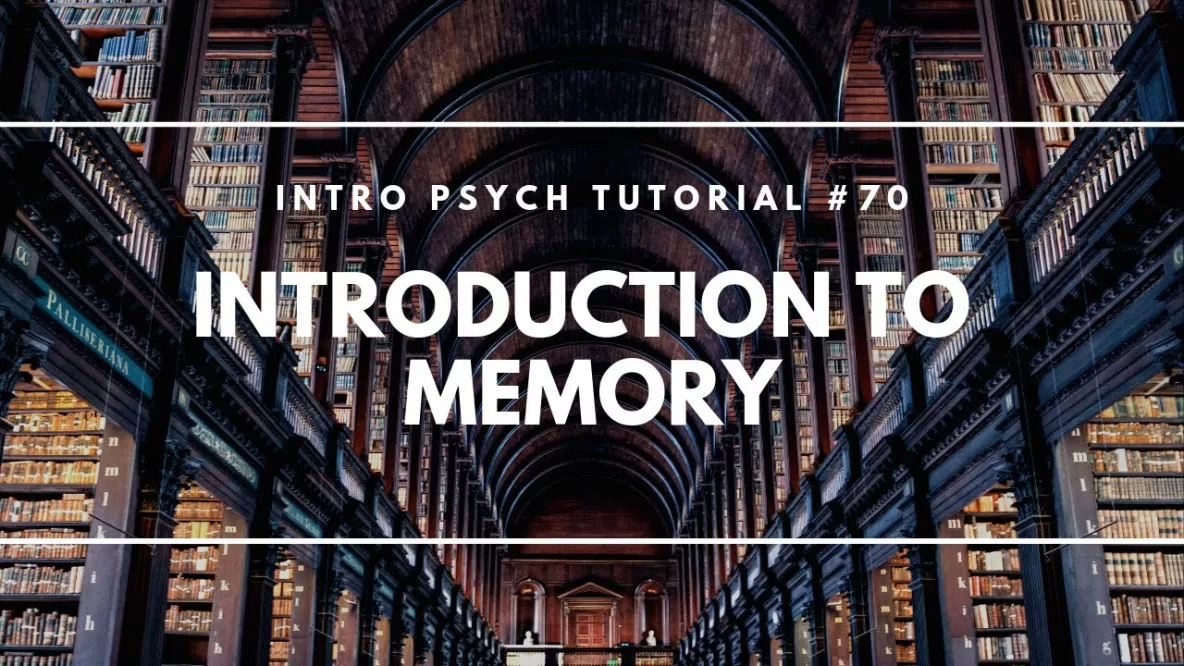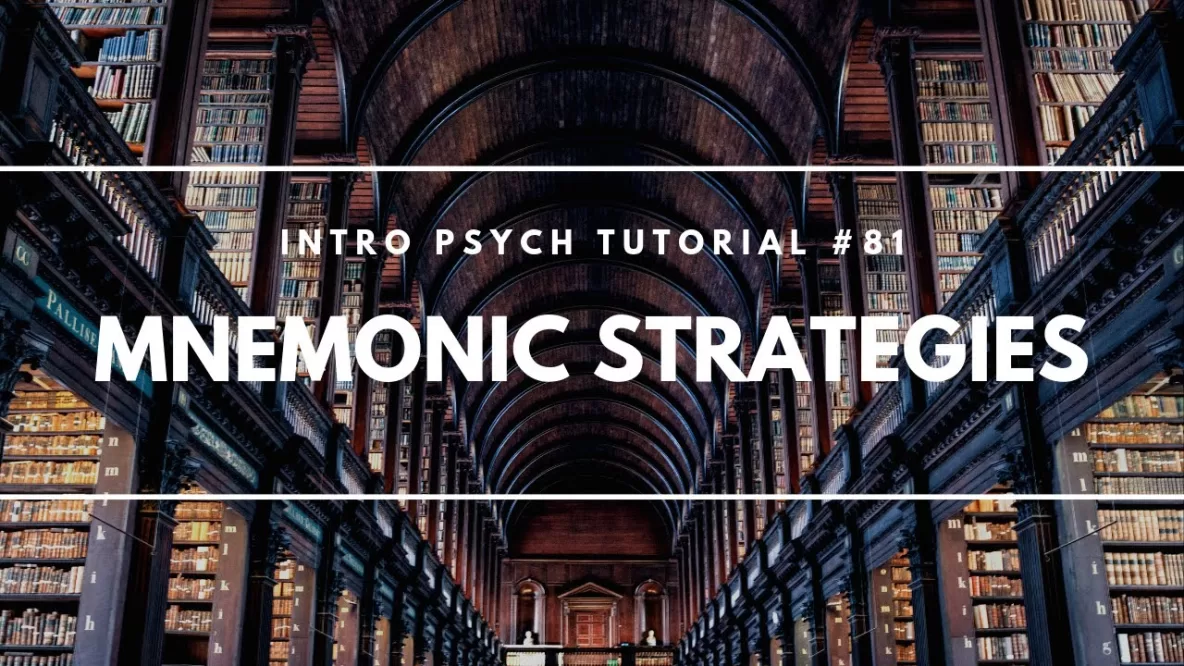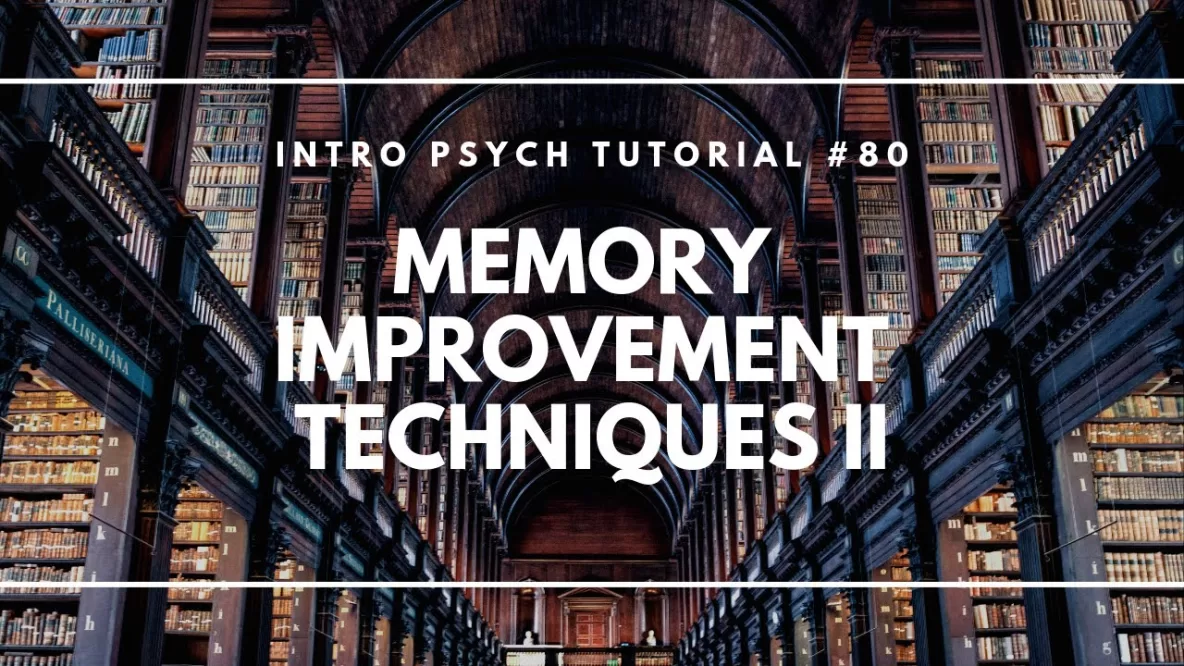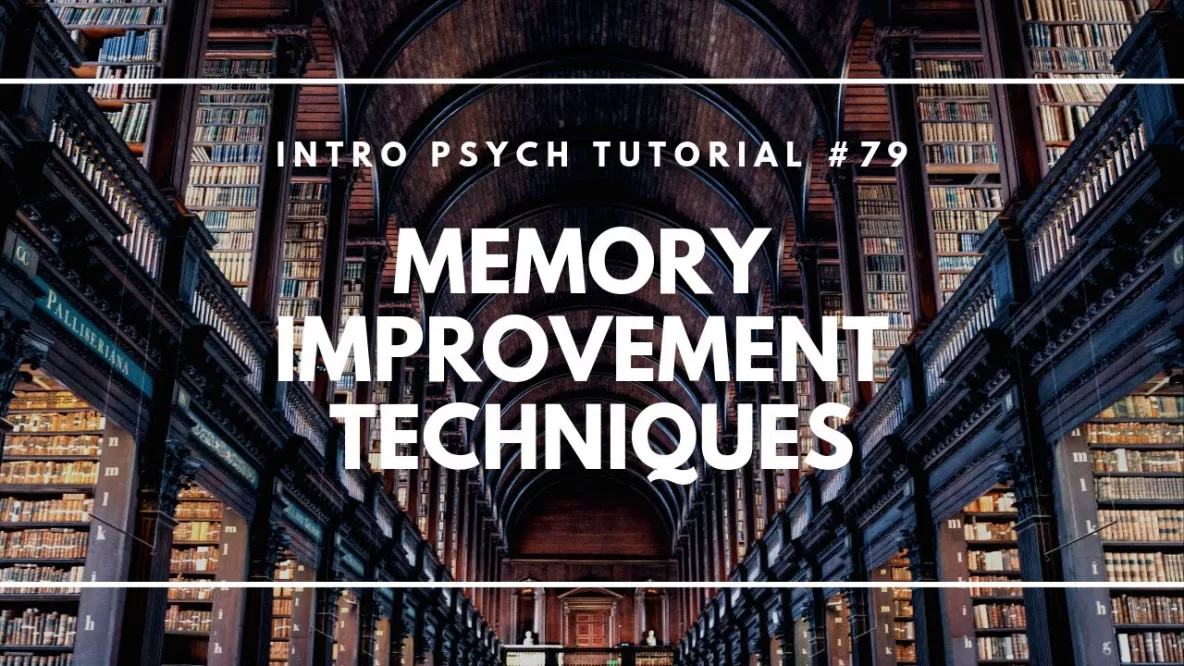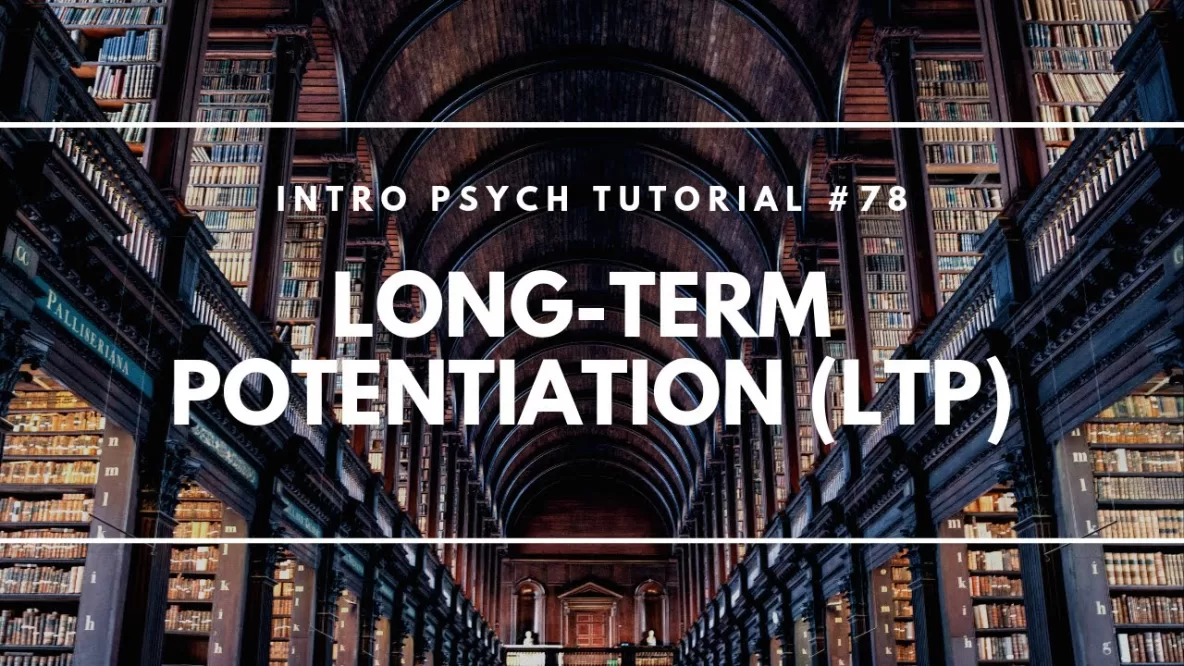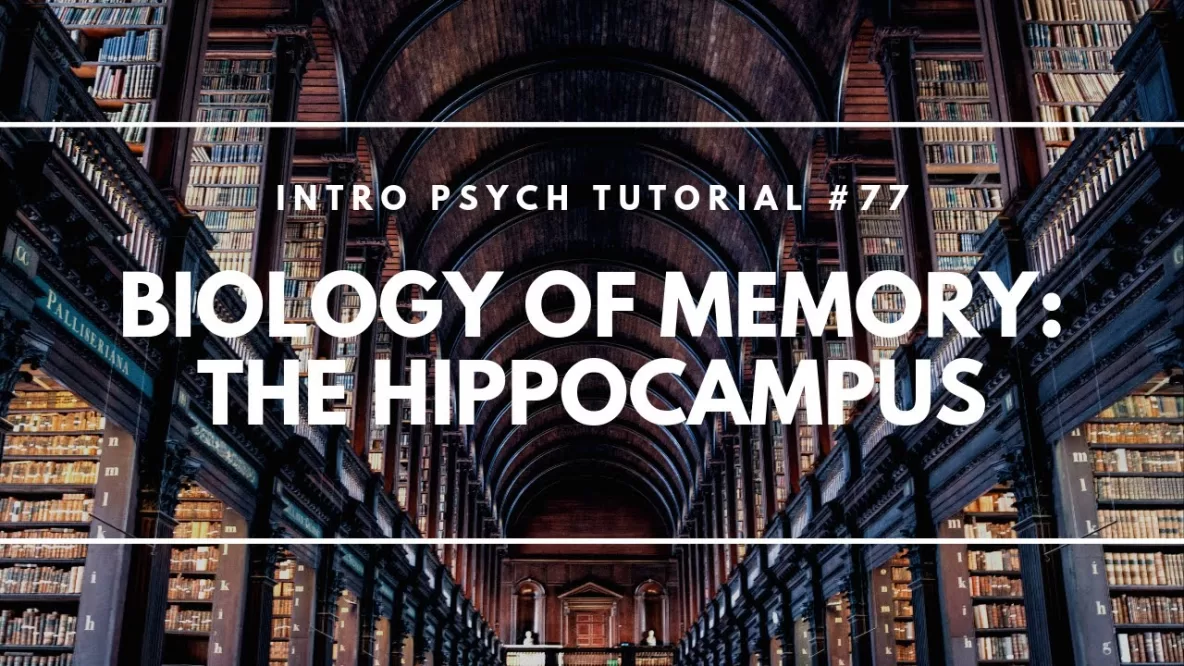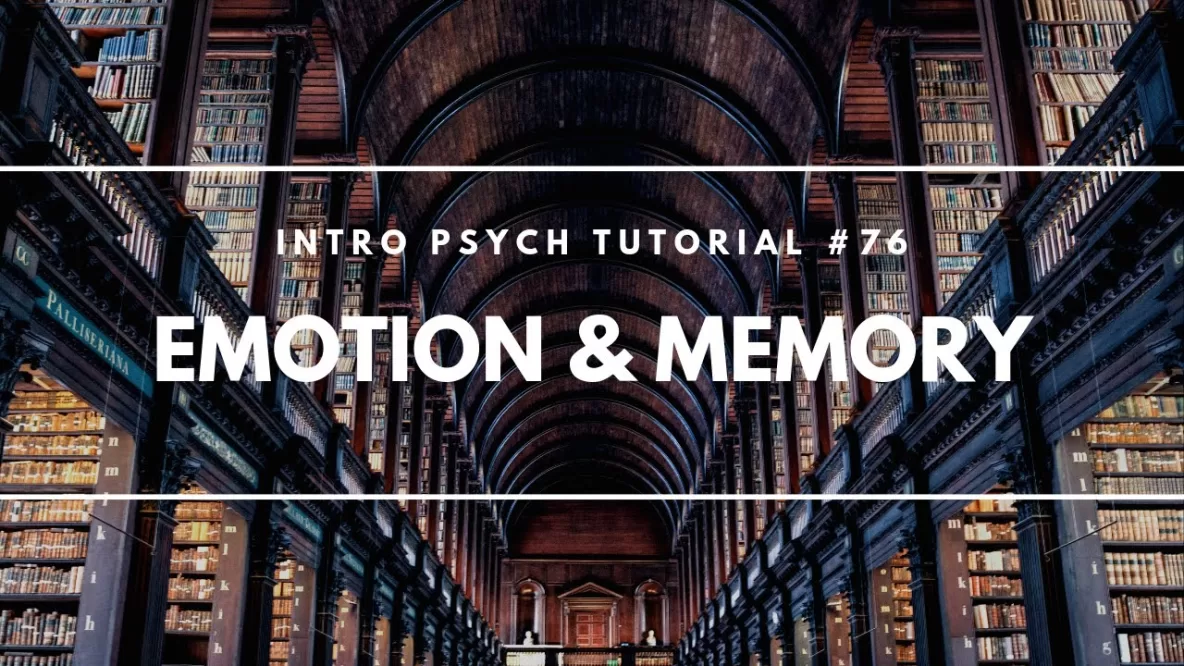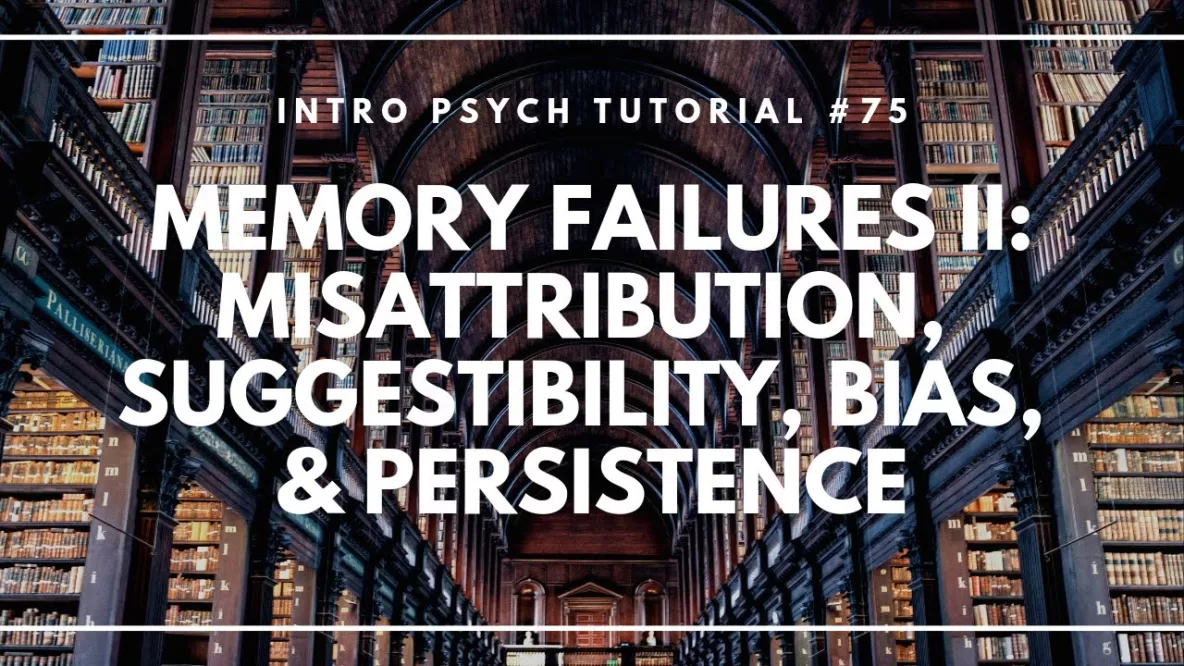This video covers 10 practice multiple choice questions on memory, including models of memory, types of memory, memory researchers, biology of memory, and more. I hope this can help you to review your knowledge and understanding, let me know if you have any suggestions for future practice and review videos! … Read More
Book Review: Powerful Teaching
Powerful Teaching: Unleash the Science of Learning by Pooja K. Agarwal and Patrice M. Bain I had been following @PoojaAgarwal on Twitter for some time before this book’s publication, was familiar with her site www.retrievalpractice.org, and had also heard her on an episode of Bonni Stachowiak’s Teaching in Higher-Ed podcast … Read More
Memory Knowledge Organizer
Here’s a knowledge organizer I’ve created of the most essential concepts for memory in an introductory psychology course. These knowledge organizers are designed to help you identify the most important factual knowledge you need to have in order to engage in the more challenging activities of discussing, writing about, and … Read More
Mnemonic Strategies
In this video I discuss the use of mnemonic strategies to improve memory. These techniques can serve as “artificial” retrieval cues and are particularly useful for knowledge that doesn’t need to be deeply connected to other ideas, such as random facts or lists of items. Mnemonics help to organize and … Read More
Memory Improvement Techniques Part 2
In this video I discuss a few more memory concepts which can be applied to improve recall and enhance the effectiveness of your studying. Levels of processing theory suggests that deeper processing improves recall and this can be especially effective when combined with the self-referential effect, which is that we … Read More
Memory Improvement Techniques Part 1
In this video I discuss several memory concepts which can be applied to improve recall and enhance the effectiveness of your studying. These include organizing material and creating a structure, using distributed review rather than massed practice, taking advantage of the serial position effect, testing yourself rather than simply reviewing … Read More
Long-Term Potentiation (LTP)
In this video I explain the concept of long-term potentiation, which refers to the strengthening of neural connections due to repeated synchronous firing. Repeated firing leads to changes in chemical signaling between the two neurons, influencing neurotransmitter and receptor activity. Next I introduce an example of this with the possible … Read More
Biology of Memory: The Hippocampus
In this video I introduce the biology of memory and the role of the hippocampus on long-term memory formation. I discuss several cases of severe memory loss including patients H.M. and E.P., who suffered anterograde amnesia and cannot form new memories, and Clive Wearing, who also suffers from retrograde amnesia … Read More
Emotion and Memory
In this video I provide more examples of the relationship between emotion and memory. Flashbulb memories are detailed memories of emotionally-charged events. These memories may be more detailed but they are still subject to the errors and biases that affect other memories and so they may be inaccurate. Next I … Read More
Memory Failures: Misattribution, Suggestibility, Bias, & Persistence
In this video I explain the 4 remaining “sins” of memory from Daniel Schacter’s list. Misattribution refers to incorrectly identifying the source of a memory and relates to false recognition, deja vu, and cryptomnesia. Suggestibility is the idea that our memories are subject to influence and distortion from external information. … Read More

